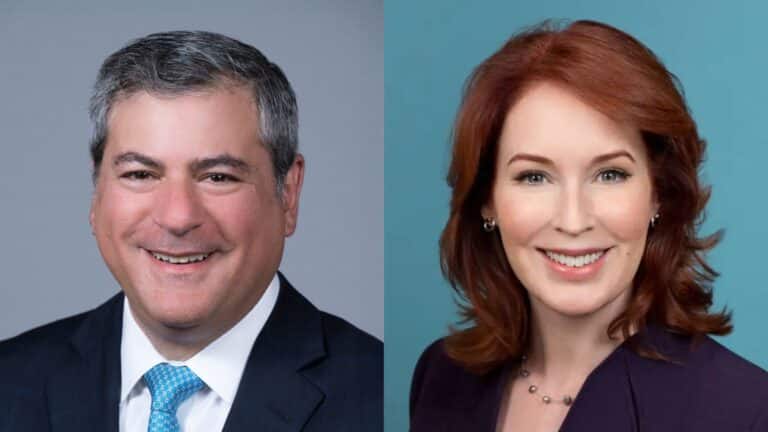Des Etats-Unis au Qatar, une course effrénée au GNL
La multiplication des projets de terminaux d’exportation de GNL avalisés par l’administration Trump pourrait entraîner un excédent massif de l’offre à partir de 2027.
Current Access Level “I” – ID Only: CUID holders, alumni, and approved guests only
The Center on Global Energy Policy and the Sabin Center for Climate Change Law organized a discussion on what comes next for the Paris COP21 Agreement after its adoption in December 2015. Our distinguished guests included:
Last week, President Trump announced that he was imposing significant new sanctions on Russia. It’s an effort to cut off revenue Russia needs for its war in Ukraine....

Energy has long been used as a weapon. The United Kingdom blocked oil exports to Germany during World War I. Hitler’s fall was due in part to losing...

Trade tensions between the US and China have hit a new high mark. Last week, after China announced plans to ratchet up its export controls of some rare-earths...

Industrial policy, supply chain security, and economic competitiveness are central to how we think about clean energy deployment. As the Trump administration pulls back federal support for the...

As the host of COP30, Brazil has an unprecedented platform to demonstrate its climate leadership.

In the fall of 2024, the Center on Global Energy Policy (CGEP) at Columbia University SIPA launched the International Dialogue on Climate and Trade to afford governments and stakeholders opportunities to seek common ground on ways of more effectively and equitably managing issues at the intersection of climate and trade.

CGEP scholars reflect on some of the standout issues of the day during this year's Climate Week

World leaders are meeting in New York this month at the request of the United Nations Secretary-General António Guterres to discuss the state of global ambition on climate change.
